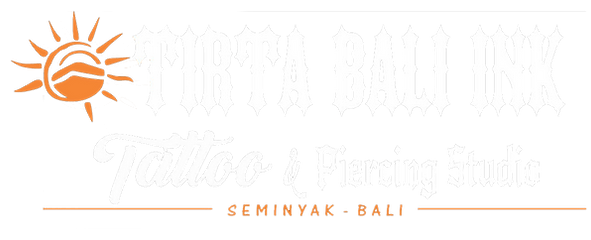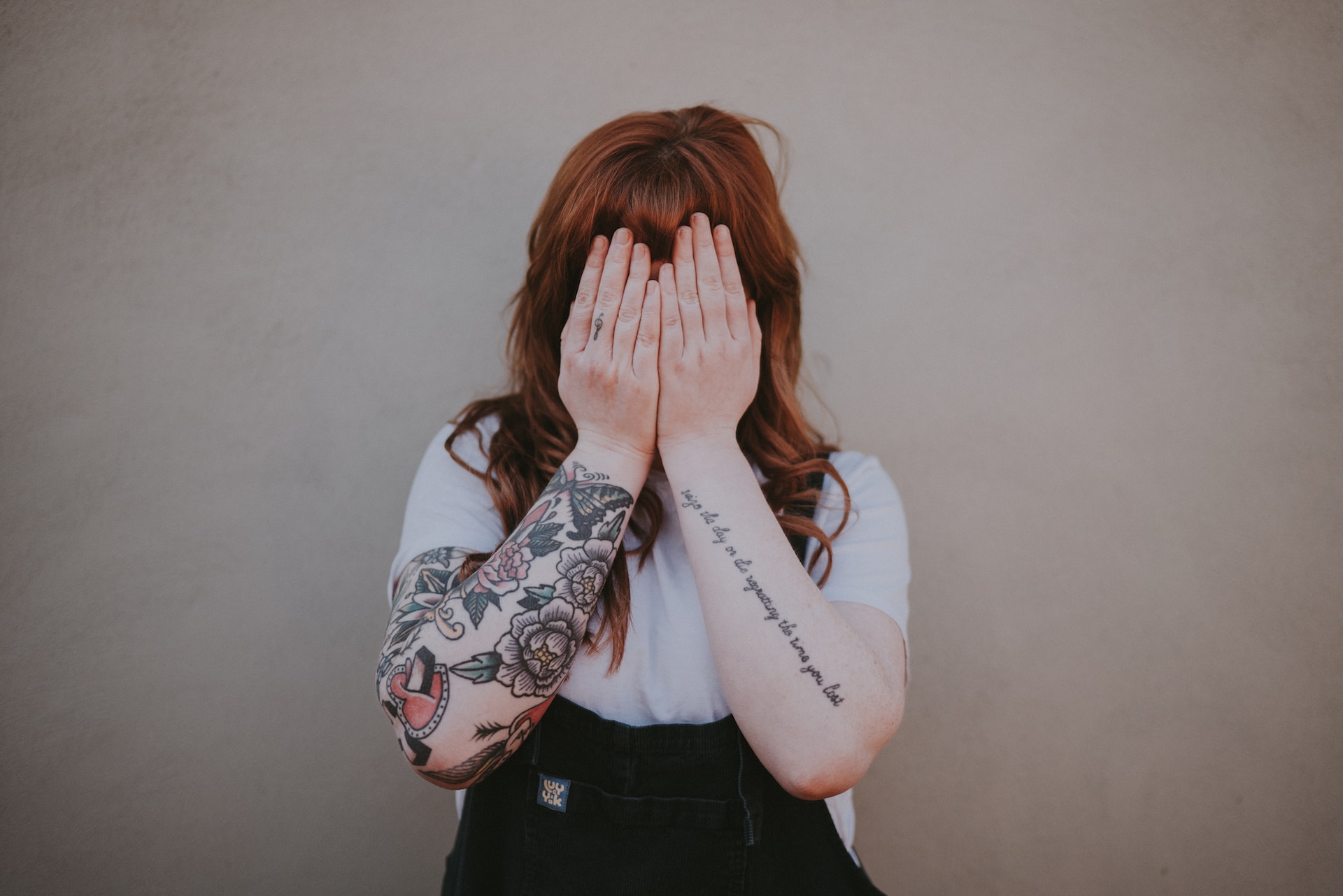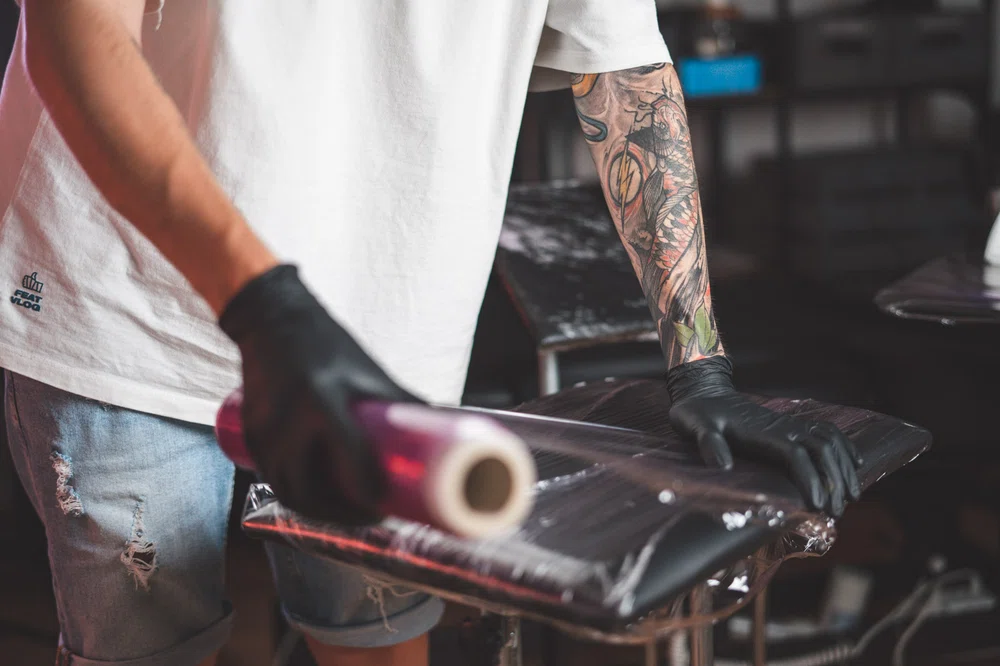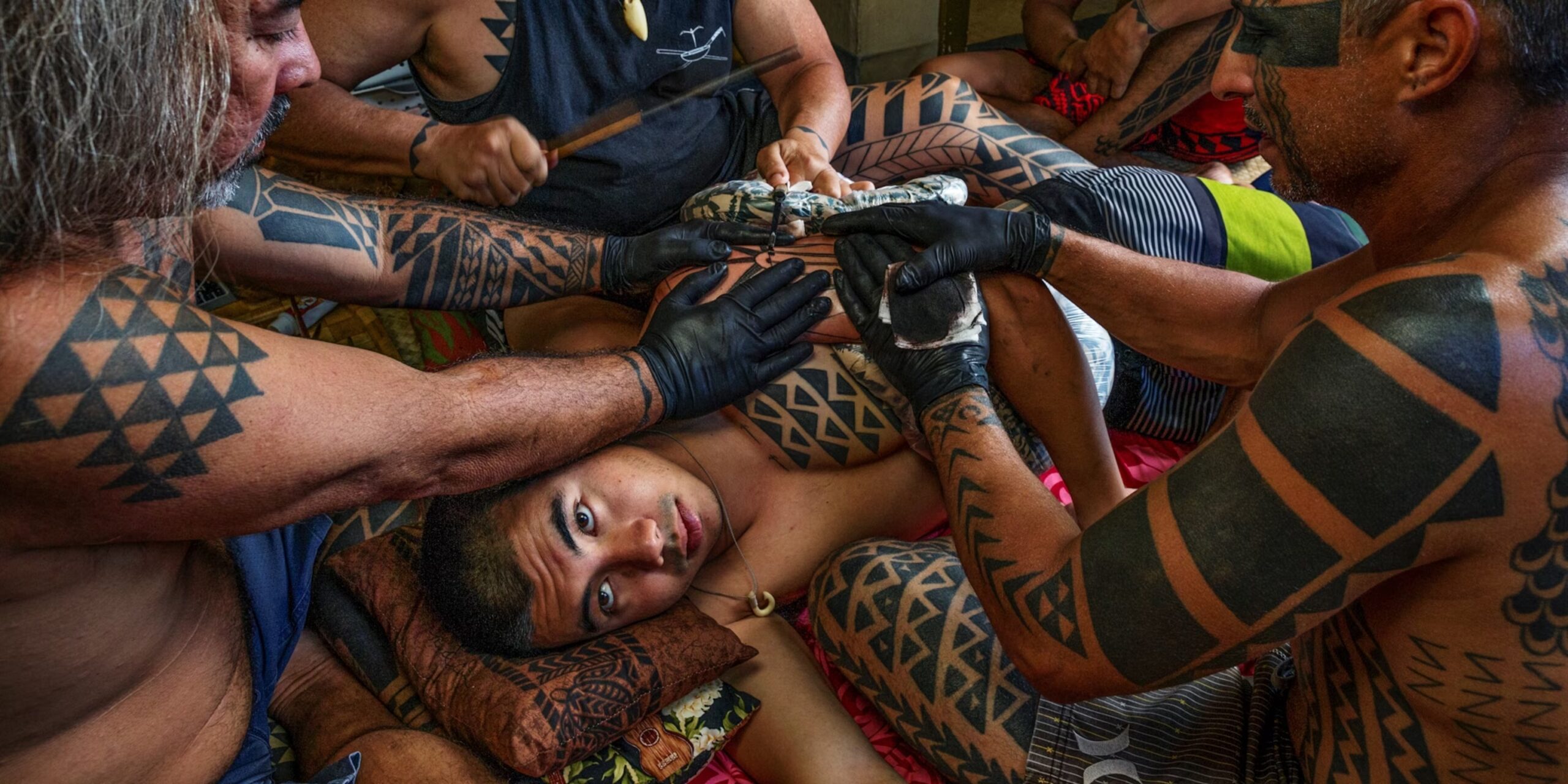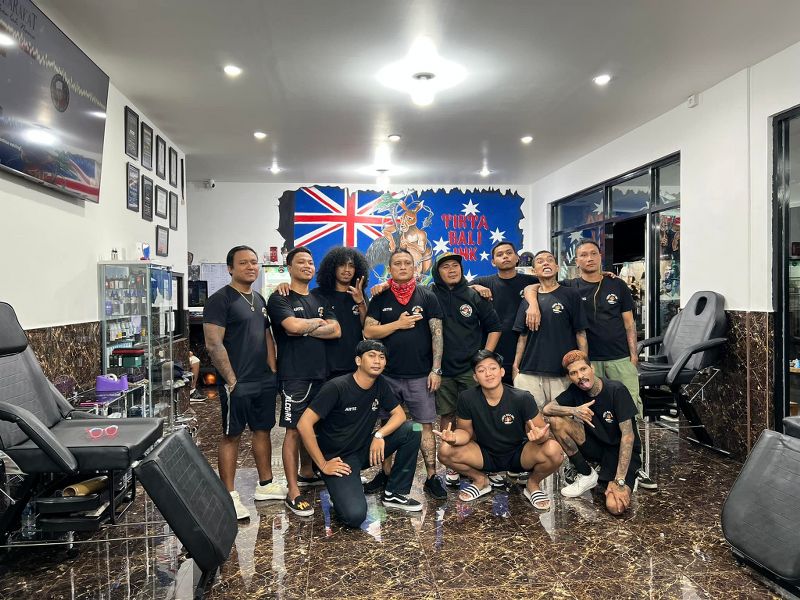
How to Pick the Right Tattoo Studio: Your Guide to the Perfect Ink Experience
The art of tattooing transcends mere aesthetics. It’s a journey, often deeply personal and intertwined with one’s life story. Given its significance, the importance of selecting the ideal tattoo studio cannot be overstated. From hygiene standards to the artist’s expertise, several factors can influence your tattoo experience. Here’s a comprehensive guide to navigate this decision:
1. Dive Deep Into Research
The first step in your tattoo journey should be thorough research.
Online Presence: Begin with the studio’s website and social media profiles. This not only provides insights into their work but also their interactions with clients and community engagement.
Reviews and Testimonials: Platforms like Google and Yelp offer invaluable feedback from previous clients. Look for consistent themes, and weigh both positive and negative reviews.
Personal Recommendations: Personal stories from friends or acquaintances can provide nuanced insights that online reviews might miss. They offer a candid window into the overall experience, from initial consultations to aftercare.
2. Prioritise Hygiene and Safety
Given the invasive nature of tattooing, safety should be paramount.
Studio Cleanliness: On visiting, the studio should appear tidy and well-maintained. This often mirrors their approach to hygiene.
Sterilisation Practices: Proper sterilisation prevents infections. Equipment like needles should be single-use, and other tools should be regularly sterilised.
Certifications: Reputable studios often display their certifications, which can be indicative of their commitment to safe practices.
3. Unraveling the Spectrum of Tattoo Styles
Understanding different tattoo styles can guide you to a studio that best matches your vision.
Traditional to Contemporary: The world of tattooing is vast, with styles ranging from old-school Sailor Jerry designs to modern watercolour tattoos. Each artist often brings a unique flair to their work.
Artists’ Portfolios: These are a window into their expertise. Whether you desire a photorealistic portrait or geometric patterns, an artist’s portfolio can indicate their strengths.
4. Location, Ambiance, and Accessibility
While often overlooked, the studio’s location and ambiance can significantly influence your experience.
Proximity: Especially if considering larger tattoos that require multiple sessions, a nearby studio can be convenient.
Studio Ambiance: A welcoming environment can ease anxieties. Soft music, comfortable seating, and friendly staff can make your tattoo experience memorable.
Accessibility: Consider public transport options or parking facilities. A studio that’s easily accessible reduces added stress on the day of your appointment.
5. Interactive Sessions with Potential Artists
Before making a decision, engage directly with potential tattoo artists.
Discussing Your Vision: This allows you to gauge their enthusiasm and insights, helping align expectations.
Pricing and Process: Understanding the pricing, potential waiting times, and the overall process can help in planning.
Previous Work and Specialities: Discussing their past work can provide deeper insights into their expertise and specialities.
6. Understanding the Value Proposition
Tattooing, while an art, is also a service. Thus, understanding the value you receive for your investment is essential.
Quality Over Mere Price: A tattoo is permanent. While budgeting is essential, it’s crucial to balance cost with quality. A slightly higher price at a reputed studio might be more worthwhile in the long run.
Transparent Pricing: Studios that offer clear pricing without hidden charges often signify professionalism and honesty.
7. The Role of Aftercare
Your relationship with the studio doesn’t end once the tattoo is done. Proper aftercare is essential for a tattoo to heal well and look its best.
Guidance on Aftercare: A studio’s commitment to guiding clients on aftercare is a sign of their professionalism. Proper care can prevent infections, fading, or distortions.
Availability for Touch-ups: Tattoos, especially coloured ones, might require touch-ups. Understanding a studio’s policy regarding this can be beneficial.
In Conclusion
Embarking on the tattoo journey requires trust — trust in the artist’s expertise, trust in the studio’s commitment to safety, and trust in the overall vision aligning with the outcome. By integrating research, safety considerations, and open dialogues, you position yourself for a rewarding experience. Tattoos are lifelong companions, stories etched in ink; give them the thoughtful foundation they deserve.
